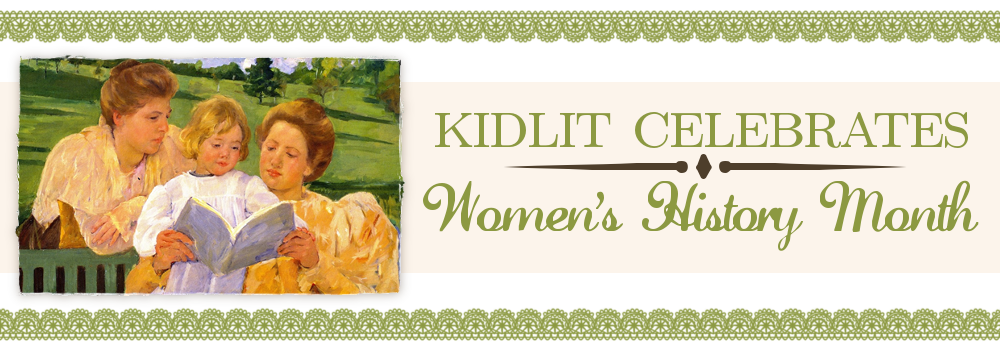March 3 - Today's post contributed by Sandra Neil Wallace
Making History
If you’d asked Babe Didrikson Zaharias about being featured during Women’s History Month, she likely would have said to cross out the words “Women’s” and “Month,” and just talk about her making history. But that’s the very reason why she’s being celebrated: for her irascible drive, for establishing women’s professional sports, and for her records.
Babe never stopped “poking the record books full of holes.” She didn’t quit achieving greatness in the sports world until she lost her most significant battle—to cancer. Even then, Babe reinvented how we approached the disease, treating it as a foe and coining the phrase “cancer fight.”
Babe also shot to smithereens the idea of what femininity meant regarding a female athlete. All Babe needed was one week for the world to witness her brash talk and how she could more than back it up with gold medals in the hurdles and javelin, plus a silver in the high jump. She became the star of the 1932 Olympic Games.
Babe could sew but also brag, hit a golf ball as far as any man, play championship basketball, strike out Joe DiMaggio, and set the world record in the baseball throw (which still stands). At first, sportswriters loved the copy Babe provided, but then the male press corps turned vicious. And though it seems counterintuitive today, women’s athletic associations didn’t like Babe’s success one bit either.
What made Babe tolerate the adversity was her unshakable self esteem. She believed she was the greatest athlete in the world, and no one could change her mind. In researching Babe Conquers the World (Calkins Creek, 2014) we delved into her personal letters, interviews with many people who knew her, and the archives of the newspapers and magazines that covered her brilliant sports career.
These challenges only fueled Babe to make lofty predictions, then deliver under the glaring spotlight of the press box, where the mostly male contingent rooted for her to fail. Like all great women who challenge and accomplish great things, Babe was a threat to male dominance.
But Babe didn’t have the future of other women in mind when she created the LPGA. She became a professional and golf-circuit founder to experience what she knew all along--that she was a great athlete.
It was only when Babe was diagnosed with cancer (twice) that she found a higher purpose. Thousands of letters poured in from other cancer patients telling her how much hope she brought them, and Babe grew determined to break records on behalf of all cancer survivors. When Babe won the U.S. Open golf title less than a year after her body-altering surgery, she single-handedly changed the world’s outlook on the disease.
Many of us in sports owe our careers to Babe’s pioneering spirit. As a sportscaster, I would have loved to have interviewed Babe. And I suppose Babe Conquers the World is my way of thanking Babe for being courageous, so women like me could be courageous, too. But Babe’s trash-talking and loud-mouth bravado have been silent for nearly six decades. The fact that most girls and women athletes have no idea who she is, what she accomplished, and how it affects them, makes Women’s History Month so important. My co-author (and husband) Rich Wallace and I are proud to have Babe Conquers the World released this month.
Sandra Neil Wallace is a former ESPN sportscaster and the author of two acclaimed novels published by Random House/Knopf: Little Joe, a South Carolina Children’s Book Award finalist, and Muckers, a Booklist Bookends Best Book of 2013. Visit www.sandraneilwallace.com















Eye opening! Thanks Sandra, great post!
ReplyDeleteI think she needed that irasicbility to overcome all the prejudice that she faced as a female athlete. If she were a man, they wouldn't call her irasicable, just persistent.
ReplyDelete